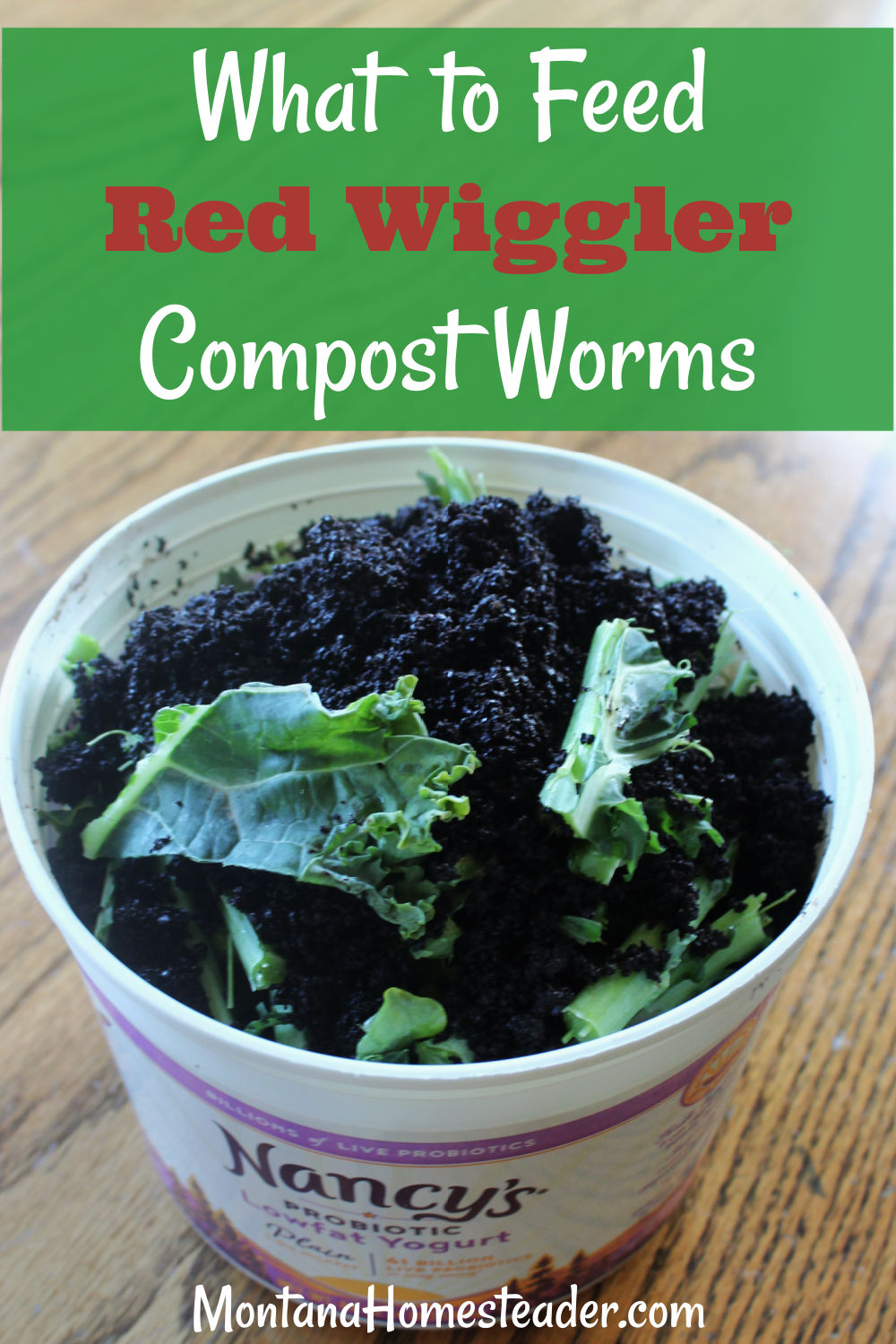Lake Hickory Bait Provides the Resources You Need for a Perfect Lawn
Lake Hickory Bait Provides the Resources You Need for a Perfect Lawn
Blog Article
The Extraordinary World of Red Wigglers: Increase Your Soil Fertility Today
These small yet effective microorganisms change organic waste into useful worm castings, significantly enhancing soil health and advertising sustainable methods. As we check out the benefits of vermicomposting and the functional actions to develop an effective worm bin, the possible effect of these worms on your gardening success comes to be progressively noticeable.
Recognizing Red Wigglers
Red wigglers, scientifically referred to as Eisenia fetida, are a types of earthworm that play a critical duty in boosting soil fertility. These worms flourish in organic-rich settings, such as compost heap and decomposing plant material, where they take in organic waste and excrete nutrient-dense castings. Their special makeup, including a fractional body and a clitellum, enables them to replicate quickly and efficiently procedure huge quantities of organic issue.

The eco-friendly significance of red wigglers expands past mere waste handling; they contribute to the soil food web, promoting a diverse neighborhood of microorganisms that better enhance soil health and wellness. Comprehending the biology and habits of red wigglers is important for harnessing their full possibility in sustainable farming and horticulture practices.
Advantages of Vermicomposting
(Lake Rhodhiss Bait)Taking advantage of the power of red wigglers through vermicomposting offers many benefits that significantly improve dirt wellness and fertility. Among the primary benefits is the manufacturing of nutrient-rich worm castings, which are an excellent natural plant food. Red Wiggler Express. These castings consist of important nutrients like nitrogen, phosphorus, and potassium, promoting robust plant growth and improving plant returns
The visibility of worm spreadings boosts soil texture, allowing for much better water retention and water drainage. Red wigglers aid damage down organic matter, accelerating decay and recycling nutrients back right into the dirt.
Vermicomposting likewise promotes microbial task, which is important for a healthy soil community. Beneficial bacteria flourish in the existence of worm castings, helping in the malfunction of natural products and boosting nutrition accessibility to plants.
Last but not least, vermicomposting serves as a reliable waste administration service, minimizing landfill waste by reusing kitchen area scraps and other natural materials. This not just adds to ecological sustainability yet also promotes a circular economic climate within horticulture and farming.
How to Establish a Worm Bin
Setting up a worm bin is a straightforward procedure that can dramatically boost your composting initiatives. Begin by picking an ideal container, which can vary from a readily offered worm bin to a simple plastic or wooden box (Red Wiggler Express). Make certain the container has sufficient air flow; tiny openings in the cover and sides will facilitate air flow
Following, create a bed linen layer to offer a comfy environment for the red wigglers. This can be made from shredded newspaper, cardboard, or coconut coir, dampened to a damp, sponge-like consistency. Load the container to around one-third complete with this bed linen product.
Once the bed linens is prepared, it's time to introduce the worms. Red wigglers flourish in natural waste, so place them carefully onto the bed linens. Cover the worms with a light layer of extra bed linen to help them acclimate.
Feeding Your Red Wigglers
Offering the ideal food for your red wigglers is vital for their health and the effectiveness of your composting system. Red wigglers prosper on a diverse diet regimen, largely containing natural products such as fruit and veggie scraps, coffee premises, and shredded paper. These products not only offer crucial nutrients but additionally add to the microbial task in the worm container, which is critical for the worms' digestion.
It is essential to avoid particular foods, such as milk products, oils, and meats, as these can bring in bugs and develop unpleasant smells. Furthermore, citrus peels and excessively zesty foods need to be limited because of their prospective to damage the worms. A well balanced method to feeding includes keeping an eye on the quantity of food presented to the bin, making certain that it is taken in within a sensible time frame to avoid excess waste buildup.
To advertise optimal food digestion, it is useful to chop or shred bigger food things before adding them to the bin. This method increases the surface area for microbial activity, promoting quicker disintegration and enhancing the general effectiveness of your composting system. Routinely observing the worms' feeding practices will certainly assist you change their diet plan as needed.
Utilizing Worm Spreadings in Your Yard

(Red Wiggler Express)Integrating worm spreadings right into your yard can be completed by mixing them into the dirt or utilizing them as a leading clothing. The slow-release nature of these spreadings makes sure that nutrients are offered to plants over a prolonged period, lowering the requirement for artificial plant foods. Additionally, worm castings include helpful bacteria that promote healthy and balanced dirt ecosystems, improving the overall strength of your garden.
To make best use of the benefits, aim to use approximately one part worm castings to three parts soil in your growing beds. Normal applications can cause improved crop yields and healthier plants, making worm castings a why not try this out very useful source for both newbie and skilled gardeners alike. By utilizing this all-natural modification, you can cultivate a thriving garden while adding to sustainable horticulture techniques.
Verdict
Finally, red wigglers exemplify the important role of vermicomposting in enhancing dirt fertility. Their ability to convert organic waste into nutrient-rich castings considerably enhances soil structure and supports microbial variety. Establishing a vermicomposting system not only promotes lasting gardening methods but also contributes to environmental wellness. By leveraging the benefits of these remarkable microorganisms, gardeners can cultivate much more productive and resilient ecological communities, ultimately fostering a much more sustainable strategy to farming and horticulture.
Report this page